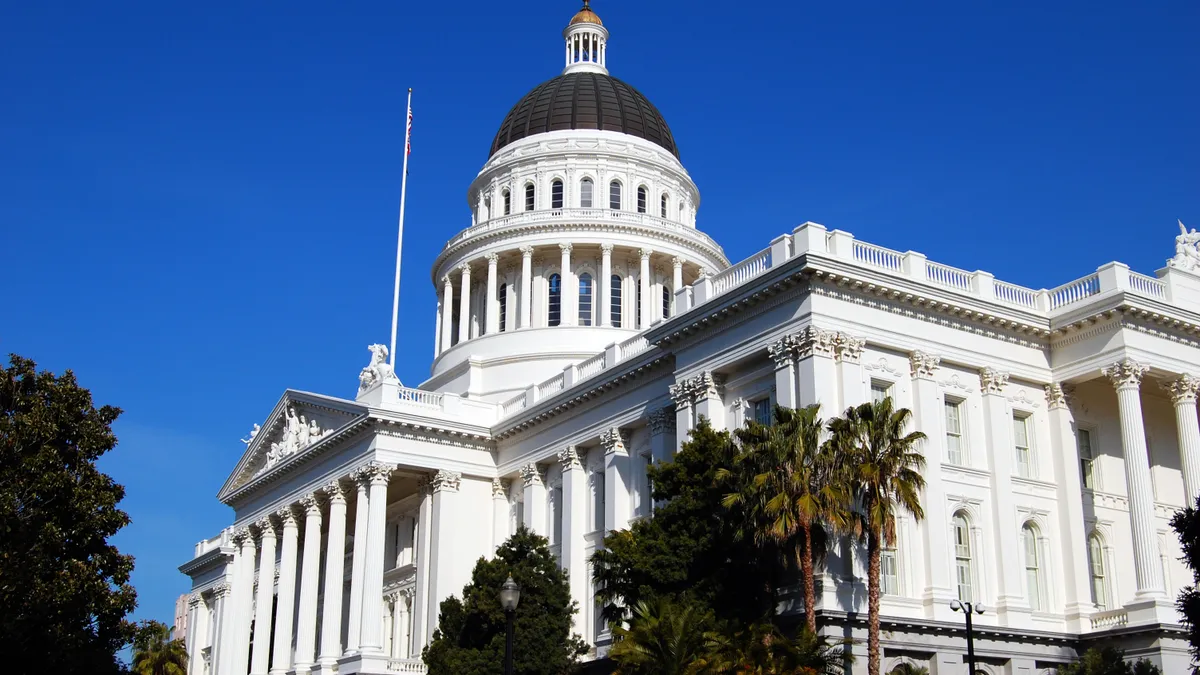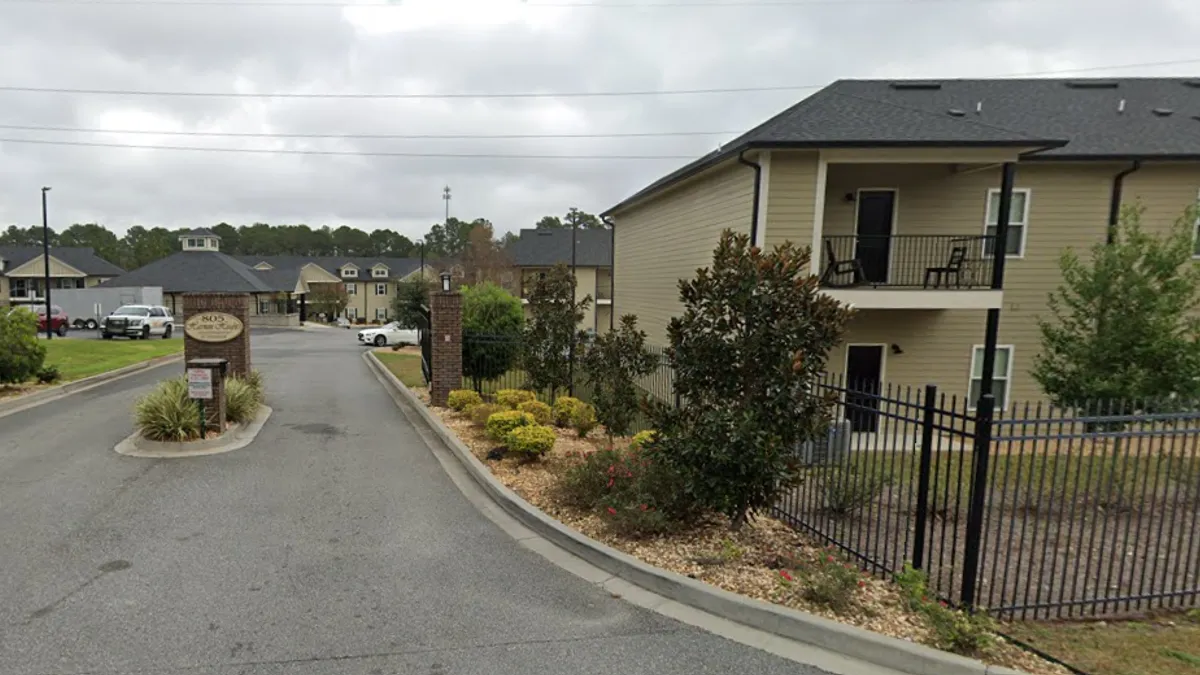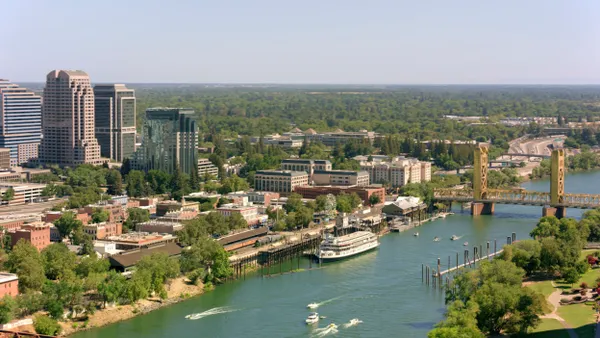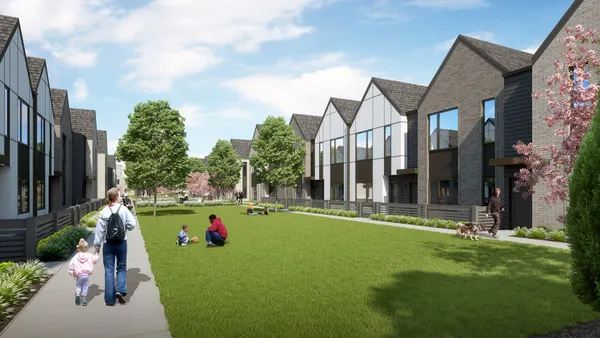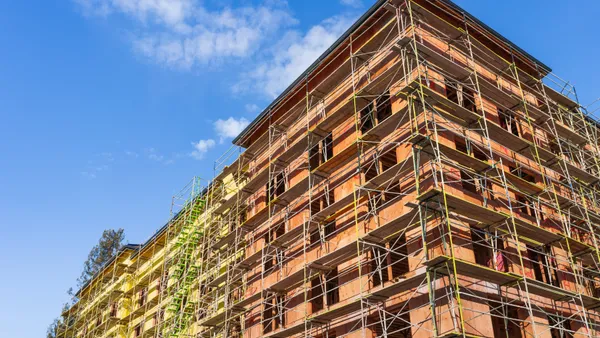Ellia Thompson is a partner in the Land Use and Zoning Practice with Venable LLP. Opinions are the author’s own.
On Oct. 11, Governor Newsom signed SB 4, the Affordable Housing on Faith Lands Act (also known as "Yes in God's Back Yard”), which promises to be one of the momentous state housing bills of 2023. SB 4 allows religious groups and nonprofit colleges to build affordable housing on their land “by right,” without requiring strict adherence to zoning standards.
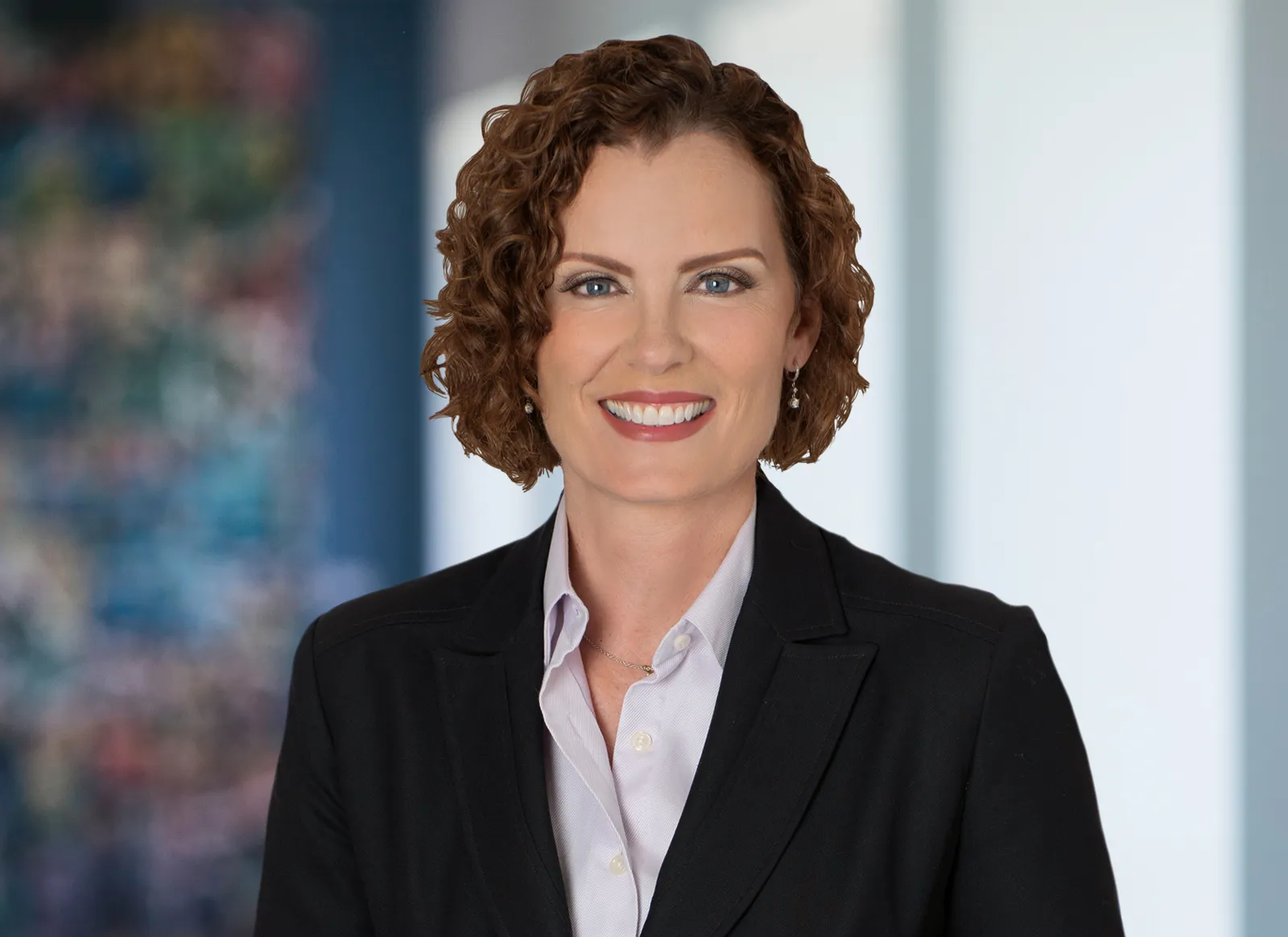
According to a 2023 report by the Terner Center for Housing Innovation, faith-based organizations and nonprofit colleges own more than 170,000 acres statewide of under-utilized land that could be redeveloped for affordable housing. Of this potentially developable land, roughly 13% is located near high-quality transit.
However, looking at California’s urban areas, the percentage increases dramatically. In Los Angeles and Alameda counties, this number increases to 40%. In San Francisco, 98% of potential sites are located near transit.
FBOs have always faced significant challenges to developing their sites due to limited financial options, regulatory barriers and a lack of real estate development experience. SB 4 addresses these obstacles by removing the regulatory barriers and allowing FBOs and nonprofit colleges to partner with real estate developers to leverage their financial capital and construction experience and expertise.
Building by right
Under the new law, 100% affordable housing projects located on land owned by FBOs and nonprofit colleges would go through a ministerial process, bypassing the California Environmental Quality Act and subjective local design standards. SB 4 would require that, notwithstanding any local zoning rules, an eligible housing development project would be “by right” on any land owned by an independent higher education or religious institution.
To qualify, all units, exclusive of manager units, must be affordable to lower-income households, except that up to 20% of the units may be for moderate-income households, and 5% of the units may be for staff of the nonprofit college or religious institution. All affordable units must be deed-restricted for that purpose for 55 years for rental properties and 45 years for properties that can be owned.
The project must also satisfy certain health and safety criteria, including that it cannot be located near industrial facilities.
Getting started
By making YIGBY applications ministerial, SB 4 aims to speed up project processing times and limits the options available to opponents who may want to challenge a project. With the threat of a CEQA lawsuit neutralized, developers will face less pressure to downsize or redesign affordable housing projects so as to mitigate typical “Not In My Back Yard” concerns about project size and scale.
In short, SB 4 empowers FBOs and nonprofit colleges to build housing on their land without jumping through hoop after hoop of discretionary land use and environmental reviews and prevents CEQA and local political processes from being misused to obstruct much-needed affordable housing projects.
As Newsom has just signed SB 4, religious institutions and nonprofit colleges should begin planning for future development now. Importantly, YIGBY projects can only be built on land owned by the FBO or nonprofit college as of Jan. 1, 2024, so any pending purchases of land suitable for housing must be closed by that date.
Sarah Hoffman, an associate in the Environmental Practice at Venable LLP, contributed to this article.


